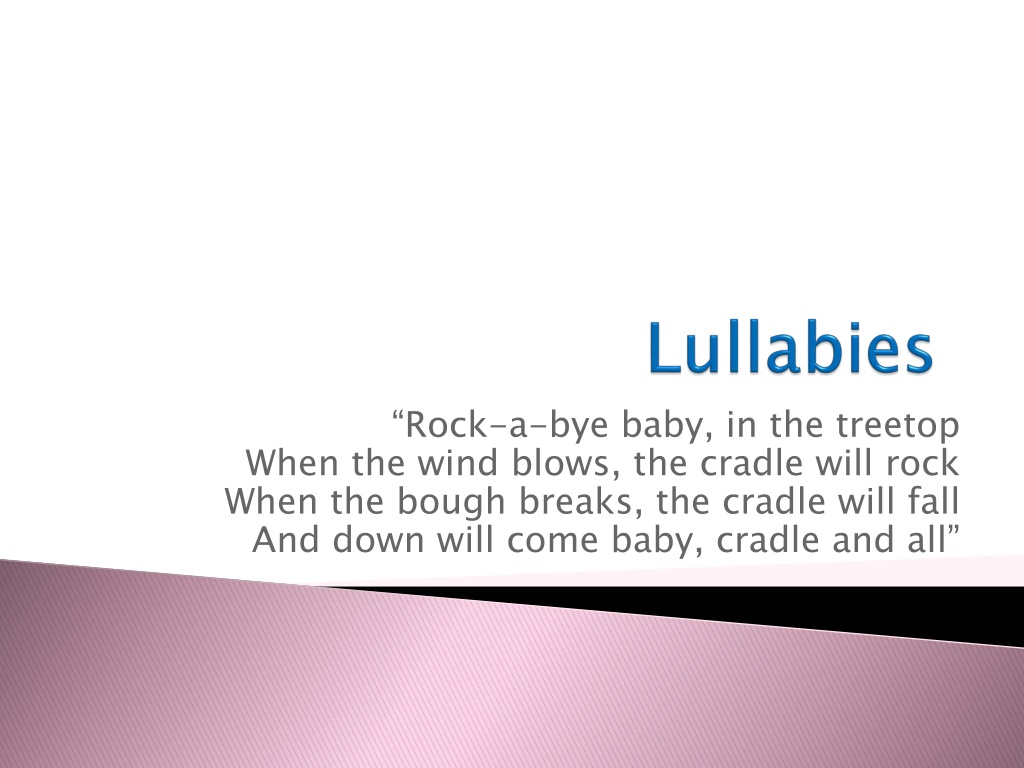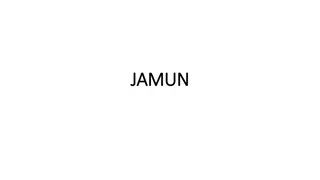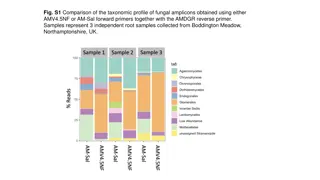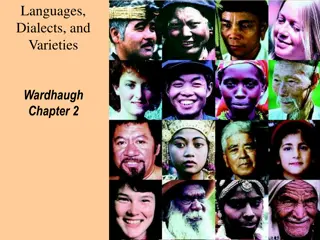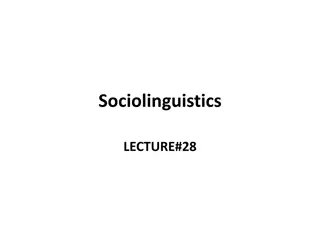Origins and Varieties of Lullabies Around the World
Explore the origins and significance of lullabies from various cultures, including Bangladesh, the United States, Chez, Denmark, Dutch, and the Philippines. Learn how lullabies are used to soothe babies to sleep and discover the diverse themes and styles found in these timeless bedtime songs.
Download Presentation

Please find below an Image/Link to download the presentation.
The content on the website is provided AS IS for your information and personal use only. It may not be sold, licensed, or shared on other websites without obtaining consent from the author.If you encounter any issues during the download, it is possible that the publisher has removed the file from their server.
You are allowed to download the files provided on this website for personal or commercial use, subject to the condition that they are used lawfully. All files are the property of their respective owners.
The content on the website is provided AS IS for your information and personal use only. It may not be sold, licensed, or shared on other websites without obtaining consent from the author.
E N D
Presentation Transcript
Rock-a-bye baby, in the treetop When the wind blows, the cradle will rock When the bough breaks, the cradle will fall And down will come baby, cradle and all
Lullabies are used all around the world as a way to sooth babies to sleep. it is believed that the name lullabies comes from the lull -ing and by -ing sounds one makes to help a baby fall asleep Others believe the term comes from a Hebrew phrase, Lilith-Abi meaning Lilith begone. Lilith is a folkloric character who was believed to steal children in the night and these incantations were sounded to keep her away.
Origin is Asian-Pacific It is a Bangladesh lullaby Rough translation of the song is go to sleep Goddess of the sky, Princess of my heart, Your smile shines through The darkness in me.
Origin of Hush, Little Baby is a traditional lullaby thought to have been written in the United States. The Author and date of origin are unknown. The lyrics promise all kinds of rewards to the child if he or she is quiet. The simple structure allows more verses to be added ad lib.
Origin is Chez This lullaby was published in 1633 in The Informatorium of the School of Infancy by Johann Amos Comenius (1592 1670). Comenius stressed among other things the necessity of sensory and emotional stimuli at an early age.
Origin is Danish This lullaby is considered one of the most popular lullabies in Denmark. Using exotic animals as theme, the lyrics are simple and easily understood by a child.
Origin is Dutch This is the most famous Dutch lullaby. The text is mostly chosen for its rhyme. Sleep, little child, sleep. Outside a sheep is walking. A sheep with white feet, it drinks its milk sweet.
Origin is the Phillipines The province of Batangas has a very specialised form of lullaby know as the huluna. Though only composed of simple words, it is notable for being very difficult to sing, due to the lengthy mellismas.
Origin is Indonesia Song translated as Lullaby Oh, lullaby If you are not sleeping The mosquito will bite you. Dear brother/sister My dear brother/sister Sleep oh, sleep Oh, lullaby.
Origin is Danish Rasmussen had written numerous rhymes and jingles, some of which are still being used in Danish beginner classes in public schools The song is a simple story of a child who tries to count the stars with his/her fingers and toes.
